Name: Alex Ingram
Age: 28
Location: Salt Lake City
How long have you been an ambassador? Since June 2020
Favorite Athletic beer: Raspberry Sour
Instagram: @acingram
Social and professional links:
University of Utah Ergonomics and Safety Lab: https://ergo.mech.utah.edu/alexandra-ingram/
LinkedIn: https://www.linkedin.com/in/acingram32/

One of Alex Ingram’s favorite things is to go really, really fast down mountains. On two wheels. For hours. Such is the world of enduro racing.
But another thing she also loves is her time spent in the lab and classroom, using her expertise in bioengineering to improve the lives of others.
At times, those two very different worlds may seem at odds with one another, but she’s in the prime location to make it work -- Salt Lake City, at the University of Utah, working toward her Ph.D. and using every opportunity she can to get out in the mountains when she’s not busy with research.
“[My adviser has] definitely found it harder to track me down because I’ll be up in the mountains with little to no service, and he’s down here just waiting for an answer. It’s definitely a lot harder. Plus, my first two semesters I had a 9 credit course load, and then I had 20 hours of research on top of that, so it was definitely hard to get outside and enjoying Salt Lake City. But now that I'm going into my second semester, it’s a little bit lower key. I only have two classes a week now, and then focusing on research, and hopefully combining the outdoors and my research together.”
Alex is currently balancing her love outdoors with her love of learning. She finds that Athletic Brewing helps bridge so many gaps in her life, whether that’s a brew after -- or even during -- a ride, or to help wind down after a long day. She’s enjoying her time in Salt Lake City, where she can spend both the cold and warm seasons in the mountains when she’s not working in the lab.
Read on to learn more about her research, her athletic accomplishments, and how she hopes to change the world through biomechanics.
Tell me a little bit about your background in sports/activities, what are some of your favorite ways to stay active?
Main sport is enduro mountain biking, so I race enduro in the local weekly series here. Hopefully now that I’m settled in to the Rocky Mountain West, I’ll be able to do a little bit more traveling next year with a bigger series. I also gravel ride to just kind of keep the “hill shape” going, because otherwise [when] you’re trying to climb a hill during a race, you’re like, “This is terrible, why do I do this to myself?”
And then other than that, I snowboard a lot. I got into backcountry splitboarding this year, which I absolutely love. It’s such a different experience in the mountains that not many people get to do. And then I do CrossFit just to stay in shape for all that because it helps you be just a little bit more resilient. Carrying a 60 pound backpack for 6 hours is definitely not easy.
How did you get into splitboarding?
I’ve always wanted to do it. I was a snowboard instructor growing up for 8 years back East. Out East, there’s not really any opportunity to go into the backcountry -- it doesn’t really exist. Once I got here, I was very curious about doing my avalanche certifications.
The University of Utah actually offers an intro to splitboarding class that gives you a hands-on first brush of your avalanche stuff, and then also, if you haven’t been on splitboards before, prepares you for three days of your avalanche class too.
So I took them on back-to-back weekends. I did an intro to splitboarding for 3 days, and then did my avalanche cert the weekend after, spent six days and absolutely fell in love with it. It’s definitely a challenge, and I like doing things that I’m not good at.

And mountain biking -- that’s something you’ve been doing for a lot longer. That’s your favorite?
Yeah, pretty much, other than snowboarding. I’ve been doing it since I was a sophomore in college. When I went to Syracuse [University], we had trails on campus and we also had the largest outdoors outing club in the US at that time, so we had a fleet of mountain bikes. The whole thing only started because my bike that I was commuting on got stolen ... in the middle of my birthday party. We all work up the next morning and I was like, “Where’s my bike?”
So I wandered into the bike shop. They sold me on a mountain bike. I lived right behind the trails, so I would get out with the student club and just basically hammer myself into the ground until I understood what was going on. Once I moved back to the Philadelphia area, I got involved with a really good women’s group and excelled from there, from the kid who was always crashing and in the back of the pack to a group ride leader, someone that some of the younger girls looked up to, and I got into racing. It’s been fun; it’s definitely a journey.
How hard has it been to balance an active lifestyle with working toward a Ph.D.?
It’s hard. My adviser doesn’t really get it. I don’t think he knew what he signed up for when he brought me on. I’m in an occupational and biomechanics engineering program. We’re looking at ergonomics and safety within occupational situations. I came into it knowing he had done different things in the outdoors: He developed a ski system and a sailing system for people who are quadriplegics which they can control with their mouths. So I was like, this is perfect. Seems like a really outdoorsy lab. This will be great. I pitched him my dissertation idea, and he was like, “Oh, I have no clue what you’re talking about. I never ski. We’re going to have to do some work here.”
He’s definitely found it harder to track me down because I’ll be up in the mountains with little to no [cell] service, and he’s down here just waiting for an answer. It’s definitely a lot harder. Plus, my first two semesters I had a 9 credit course load, and then I had 20 hours of research on top of that, so it was definitely hard to get outside and enjoy Salt Lake City. But now that I'm going into my second semester, it’s a little bit lower key. I only have two classes a week now, and then focusing on research, and hopefully combining the outdoors and my research together.
Tell me a little bit more about your research.
Basically, what we are is an ergonomics and safety lab. We take ideas that are within the occupational health and safety area that can be either redesigned or re-engineered to better suit current occupational hazards. The main project I’m working on now is redesigning an IV pole for a hospital situation. I went through and I collected a bunch of data on how people move with an IV pole. Then from there, bring it back to the IV pole, so that the IV pole becomes a stability object, rather than an object of instability.
What I’m hoping becomes my dissertation is looking at fatigue and injury in ski instructors. Ski instructors typically have a really high rate of injury, especially at the end of their shift, compared to the regular population of skiers.
We think that learning about what they do, what the movements are, and how they manage their fatigue throughout the day could actually allow both ski instructors and resorts to be able to self-manage their fatigue to try to prevent injury.
Because, especially out here, you can make your entire salary in 6 months. If you get injured, your whole season’s gone. Most of these people don’t have health insurance because of the way they’re paid. So it’s a catch-22 of management to see if we can figure out for them. And hopefully we can roll it into other outdoor industry occupations, like forestry, fishing …
It’s totally different. It’s not what I expected to be doing in grad school, but I’ll take it.

How did you find Athletic Brewing?
I think I was at Whole Foods one day and someone was doing a tasting. I was like I’ll try it, see what happens. I was looking for an option during the week because I like to sit down, have a beer, relax and go to bed. At that point, I noticed my sleep was being adversely affected by drinking alcohol right before bed. Then when I found that, I was like -- this is perfect. I can still have the beer, it tastes amazing.
And then, as more and more beers came out, I could get more people into it, which was super cool. At the time I was working as a biomechanist at an accident reconstruction firm, so you wake up in the morning, you have to be ready to go at 9 am. Client calls, or analyzing an accident. It was definitely a nice change, and then the added athletic benefits to it were great.
Why did you apply to become an ambassador?
As you know, beer culture is huge in cycling. So a couple of the people I was leading on group rides didn’t drink. They felt left out after group rides because they [wondered] what am I going to do other than stand here and listen to you guys talk about beer?
When I realized Athletic had an ambassador program, it was kind of two-fold. There’s the benefits of it, and then there’s also Including people in the social aspect of having a beer after a ride or at the end of the day of work having a beer. The people who wouldn’t normally sit and stay were able to now stay. They now had an option and they felt like it was less judgemental even if they decided not to take one. I got a lot of people hooked on it who would have never even picked it up.
How has the ambassador program helped you in your professional, personal or athletic endeavors?
It’s helped me in some of each. It’s definitely become a nice thing to have with working on research and stuff -- I’m doing it at the end of the day usually after my full-time job. Coming off of a full day, I just want a beer, but I have all this research to do that requires a ton of attention, and so sitting down with an Athletic is great to have that relaxation while I’m doing something else that actually needs my attention.
And then also in the athletic life, I enjoy taking a summit beer, but I’m not the person that wants a 6.8% beer up there. I don’t want to climb down after drinking a beer. There’s a little sect of enduro that’ll have a mid-race beer because you’re out for 6 hours. This is perfect. Throw one of these in my pack. It’s a nice little carb boost in the middle. It’s everything you want in beer culture, without the alcohol in it, which I think is great.

What are some of your proudest achievements (athletic or not)?
Hands down, getting into the Ph.D. program out here. It was kind of like a nontraditional path. I got out of my undergrad, didn’t want to go back for another degree, had no clue what I wanted to do, and spent a year working as a running shoe fit specialist learning gait, biomechanics and stuff like that. Really enjoyed that. Then I took the full-time job as an accident reconstruction biomechanist. I learned more and more about how the body works, moves, responds to different stimuli.
I think everybody looked at me and was like why do you want to go back to school for 5 years now. … I was like, because I want to learn. Being kind of a non-traditional path, a lot of the schools I talked to were like you dont have any research behind your name, why do you bring to the table for us? My adviser took a chance on me: “You can see the biomechanics that everybody else overlooks.” So the University of Utah was my dream program at my dream location, just because of the access to the mountains, how close everything is here.
Athletically, one of them is not being afraid to do something that is outside of my comfort zone. As a little kid, I was very active but I liked to do the things I knew how to do. Taking the steps into racing enduro and realizing I was good at it but there was so much room for improvement. When you take your first first place in the middle of a downpour and you’re the only person to keep the bike rubber side down in the women’s field … it feels pretty good!
And then this past fall I hit a 190 pound power clean in a competition so I was super stoked about that. I’ve yet to match it again but … It was fun. It’s something I’m not great at. But it’s definitely beneficial. Just seeing how far you can push your body within the realm of explosiveness and it translates so well into enduro riding and downhill riding.
What is a bucket list event or race that you’d love to compete in?
As far as enduro goes, enduro is kind of this weird world of grassroots events and big world class events, and then super unknown races, but once you find out about them, you’re like oh that’s on my list. There’s a race out in Ely, Nevada, probably about an hour outside of Tahoe, called Fears, Tears and Beers enduro. It’s known to be a long, slog of a day but the downhills make the 8,000 feet of climbing totally worth it. This past year was 6 stages. Absolutely brutal, but I had a coworker do it and she said it was the best race she’s ever done. I guess it’s the oldest enduro race in America. Hopefully next year I can get that on my list and head out there.
What does living without compromise mean to you?
I think just being able to do not only my job, my research, that sort of stuff, and also have the energy at the end of the day to go out and ride for 3-4 hours. Everybody likes to hit on downhill riding because it looks like we’re not doing anything, but if you’re riding downhill for two hours, it’s not an easy task. There’s plenty of rides out here that you can spend an hour, two hours descending. Being able to just go do that, even if we stop in the center and have a beer, throw in an Athletic, it’s perfect. It’s one of those -- you don’t know what you’re missing, until you actually find something like Athletic and have that same social aspect without all the extra crap.
What’s your favorite recovery food?
My favorite thing out here so far -- I’m a big pizza fan, and growing up less than 2 hours from New York City, we always had really good New York-style pizza. My goal was finding a good pizza place. There aren’t many. There’s 1. IT’s good wood-fired pizza. If I have a full rest day, I’ll go there and have a pizza. They put broccolini on their pizzas. It’s super good. They have all these different varieties that you wouldn’t normally see, like hatch chiles. That’s my go-to.

What’s a rest day look like for you?
It’s physical rest, not mental rest. Usually a rest day is probably 6 to 8 hours of working in customer service, then 3 to 4 hours of research after that. I try to make sure my rest days can be prioritized toward that stuff, otherwise it’s trying to cram bits of things all over the place and you feel super rushed. My long ride days are more of my mental rest days.
So what gets you up and out of bed every day?
It’s definitely a lot easier to get up and going here. Living in rainy, dreary Pennsylvania, and growing up there, you can’t just walk out your door and go to a trail head like 2 blocks away. Here you want to maximize your time, so you’re up a little bit earlier because you want to beat the heat or you want to get stuff done before the evening so you can go out and ride before it gets dark. Maximizing my time of being able to do things here definitely gets me out of bed in the morning. Unless you live in a truly outdoorsy community, you don’t get that kind of stimulus all the time, so it’s definitely been a different experience. It definitely has changed my lifestyle significantly.
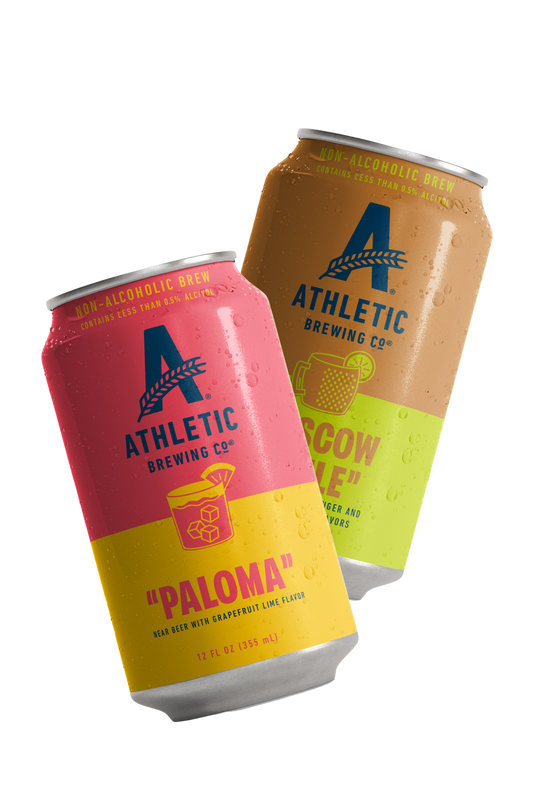
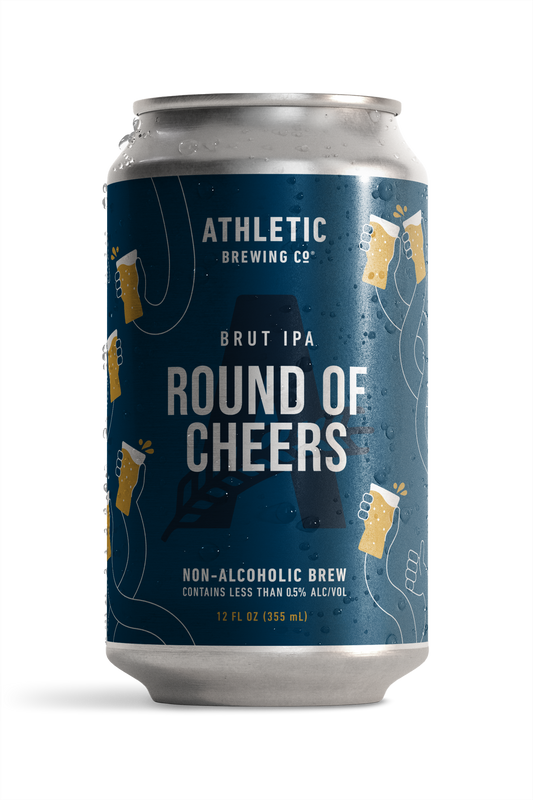
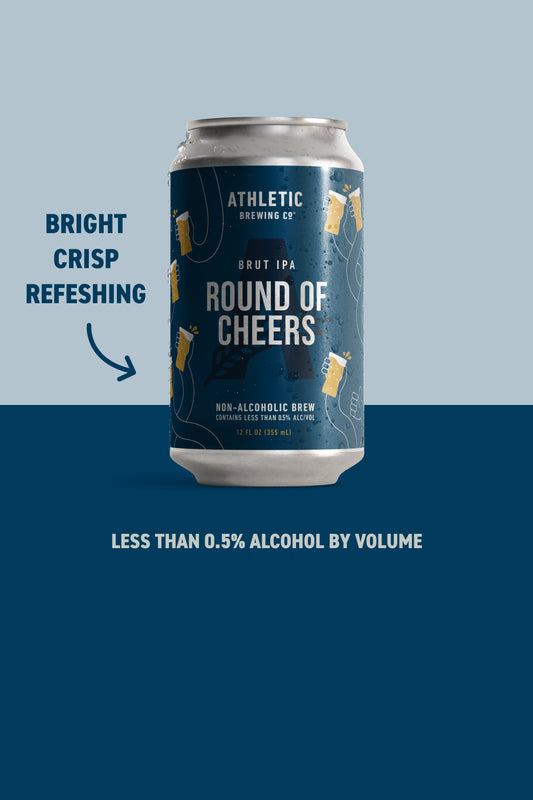
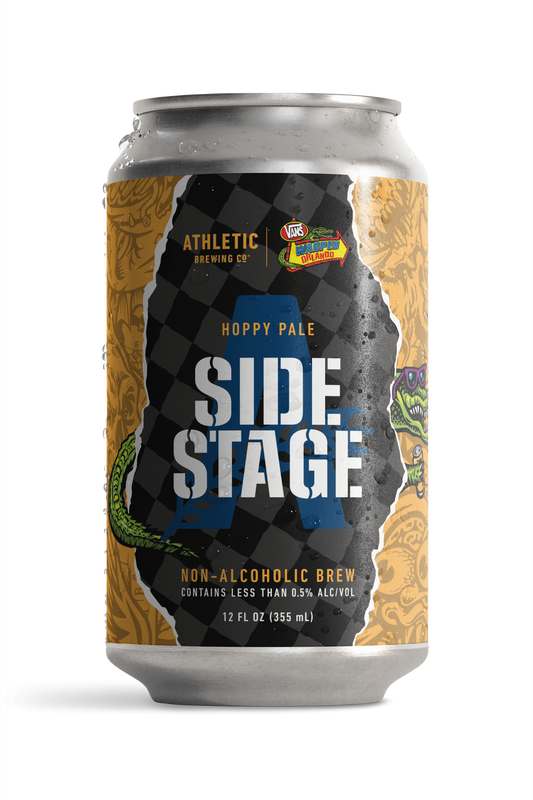

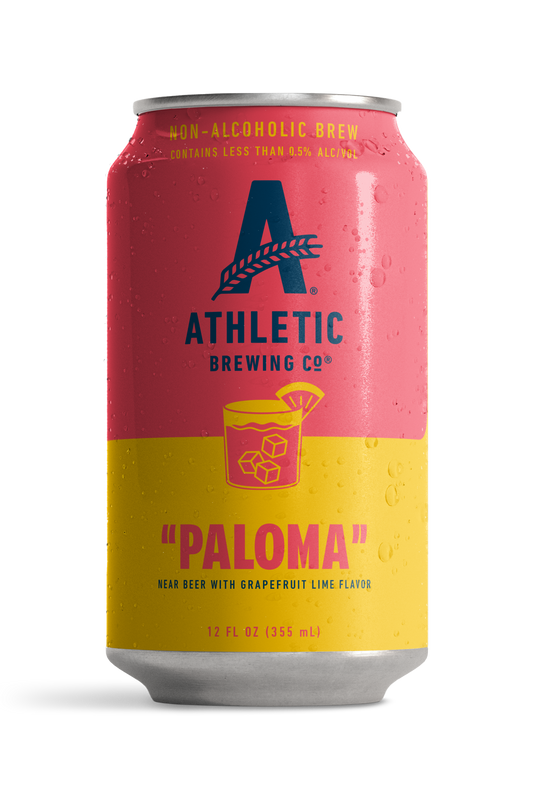
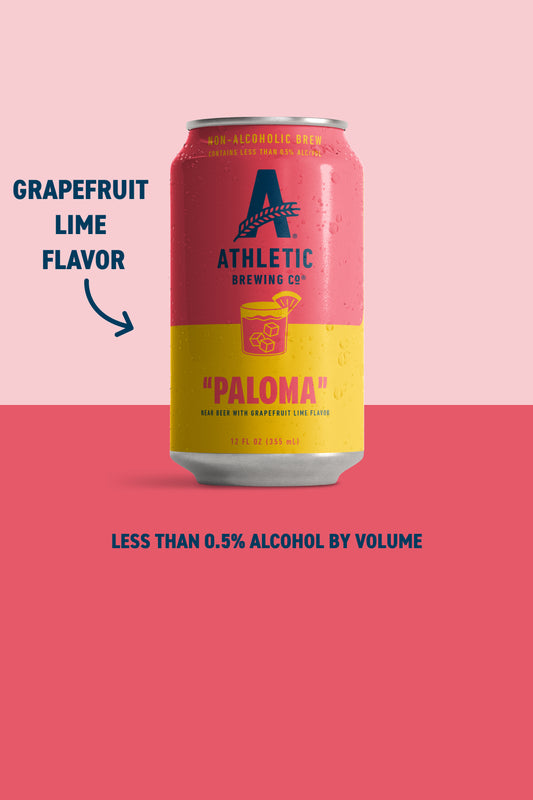
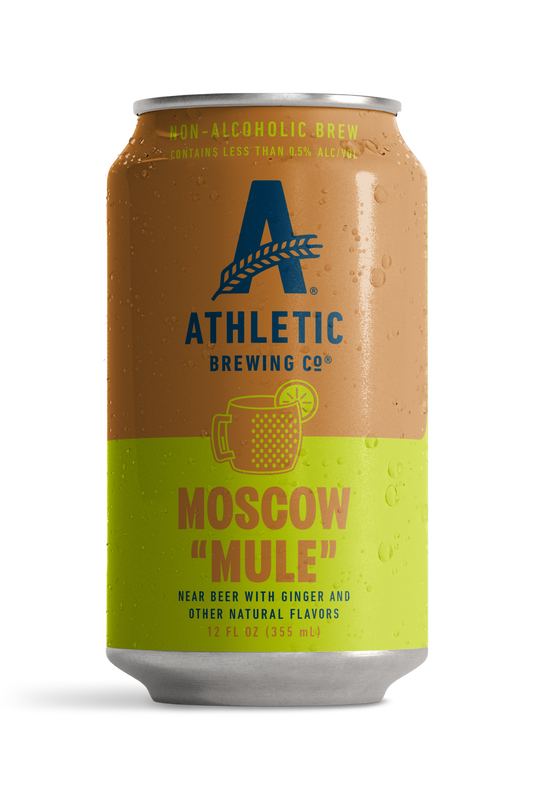
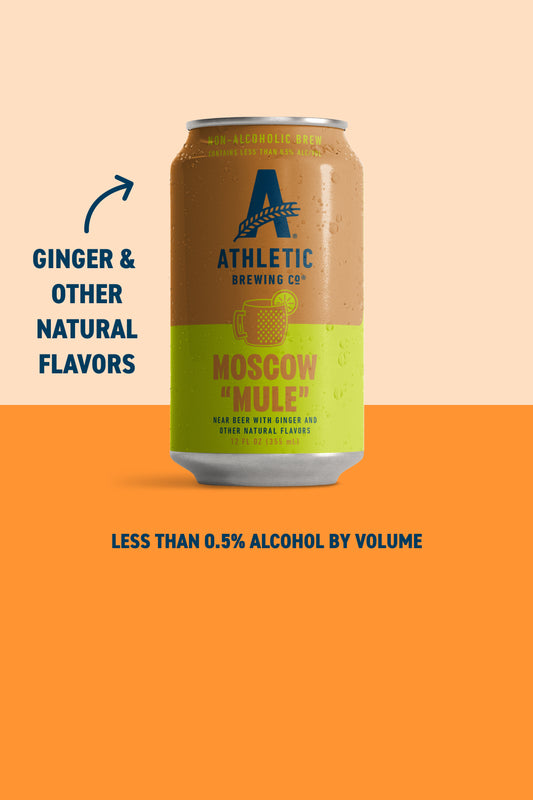
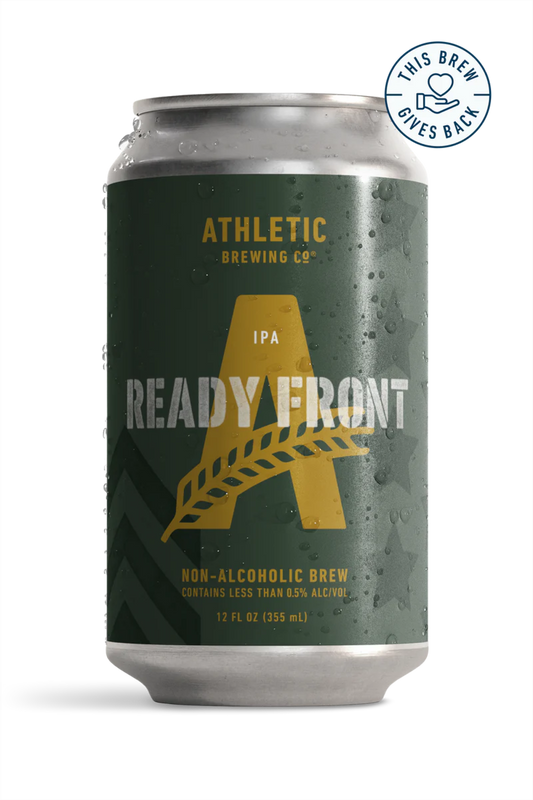
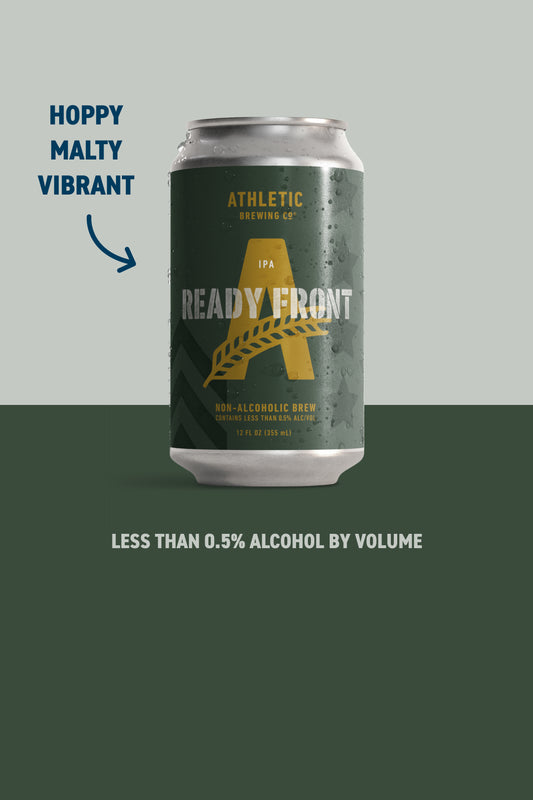
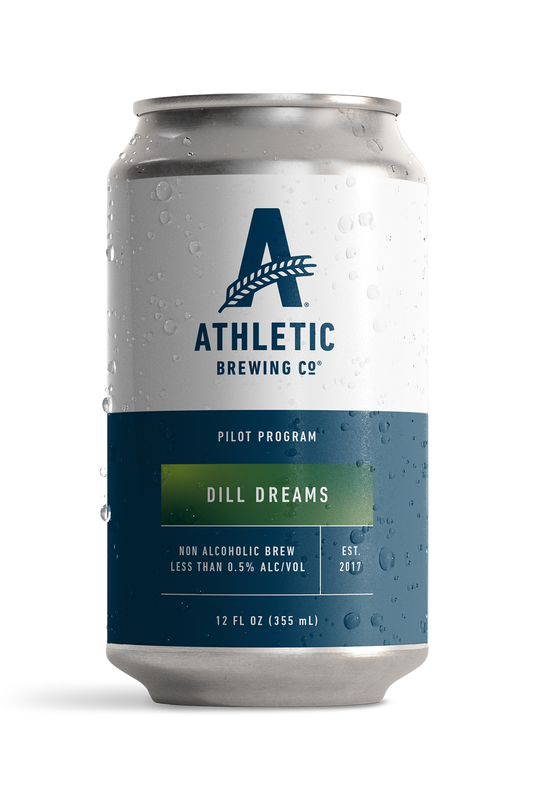

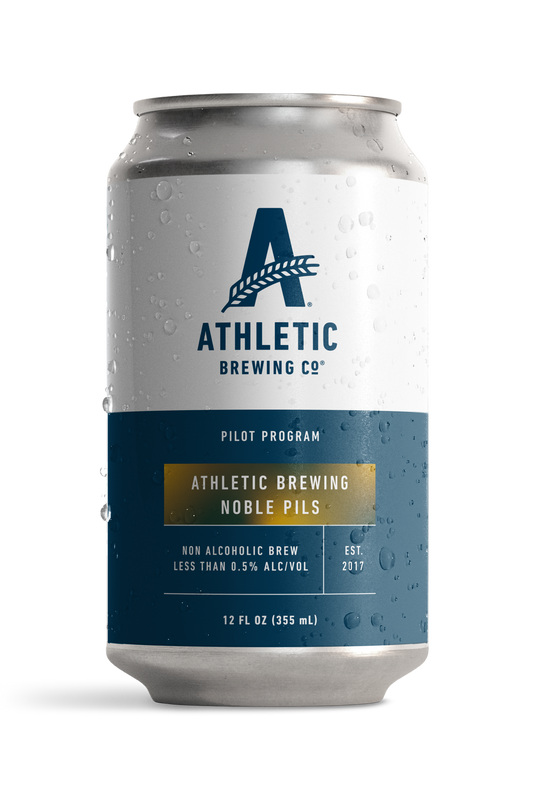
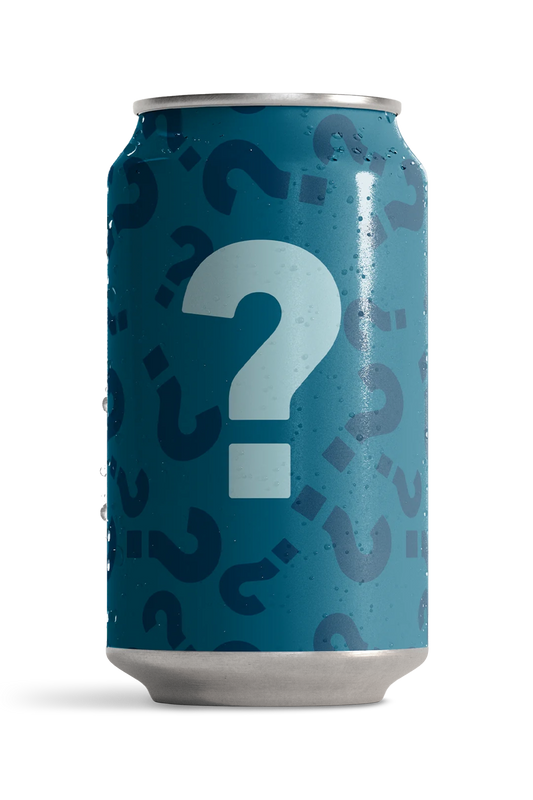
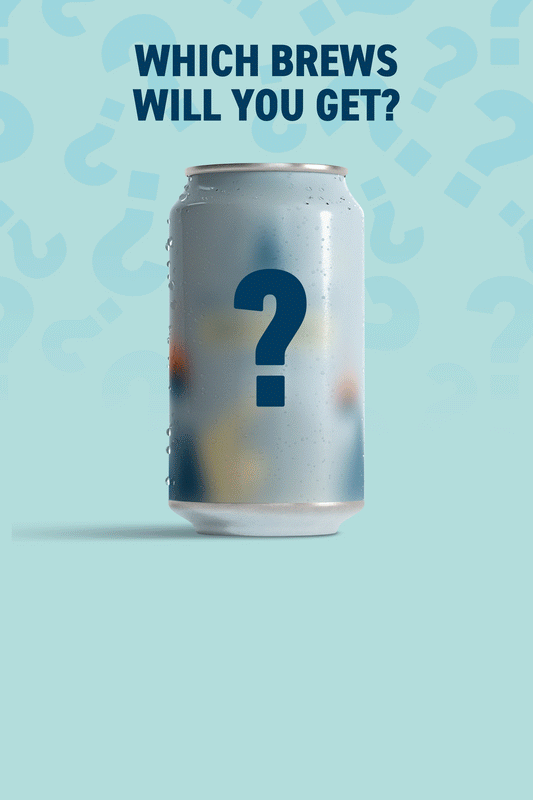
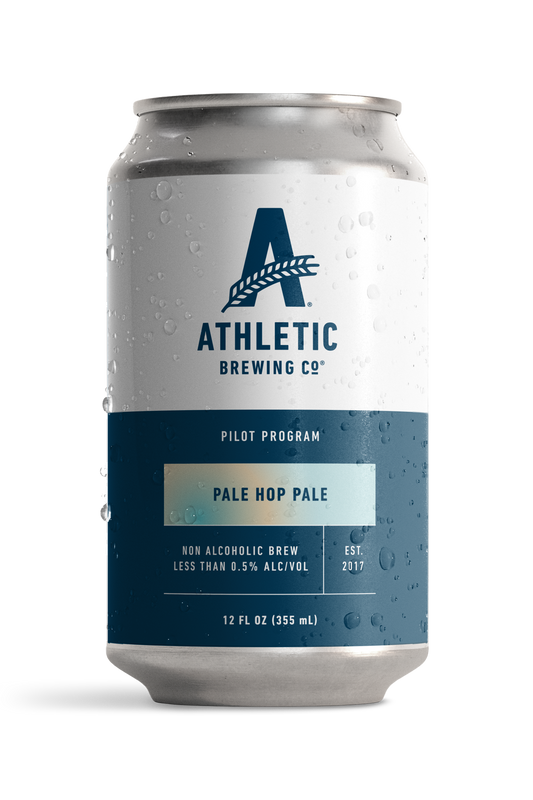
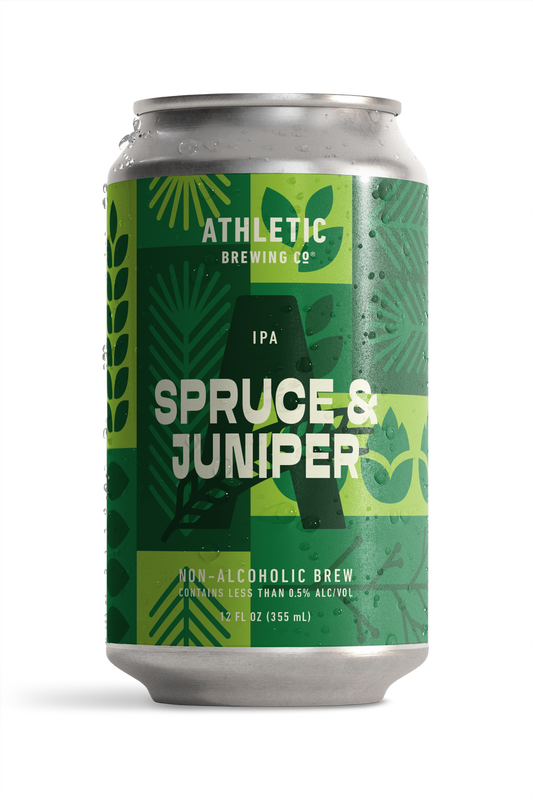
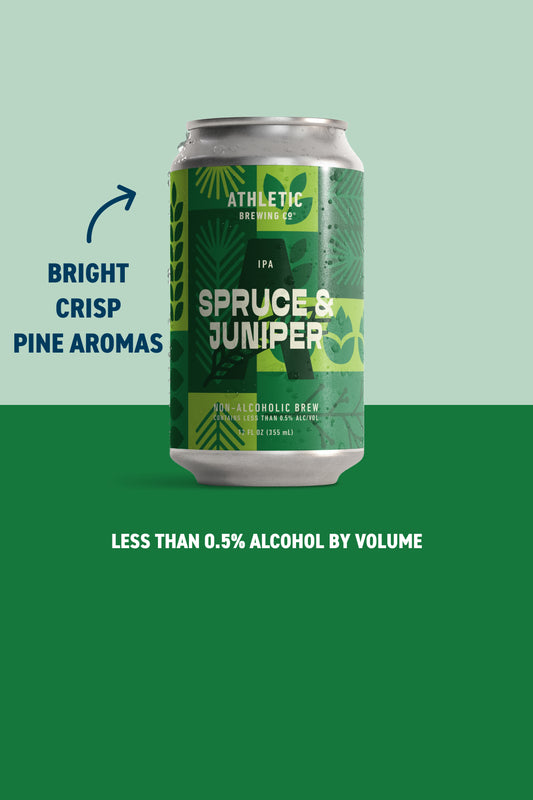









 Your Privacy Choices
Your Privacy Choices











